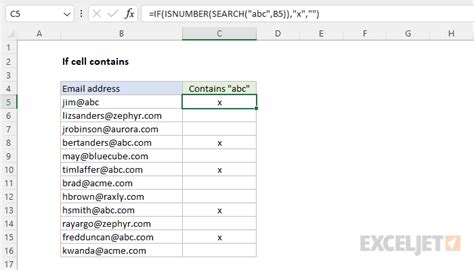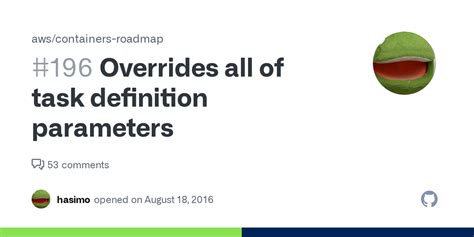When working with data, whether in spreadsheets, databases, or programming, one common requirement is to check if a column contains a specific value. This operation can be crucial for filtering, analyzing, or manipulating data based on certain conditions. The approach to achieving this can vary significantly depending on the tool or programming language you are using. In this article, we will explore how to check if a column contains a value in various contexts, including Excel, SQL, Python (with pandas), and JavaScript.
Key Points
- Understanding the context of your data (e.g., spreadsheet, database, programming language) is crucial for choosing the right method to check for a value in a column.
- Excel provides formulas like `COUNTIF` and `IF` statements for this purpose.
- In SQL, the `WHERE` clause is used to filter rows based on conditions, including checking if a column contains a specific value.
- Python's pandas library offers powerful methods like `isin()` and conditional statements to filter data based on column values.
- JavaScript can be used with libraries like jQuery for DOM manipulation or with Node.js for server-side operations, including checking values in data arrays or objects.
Checking for a Value in Excel
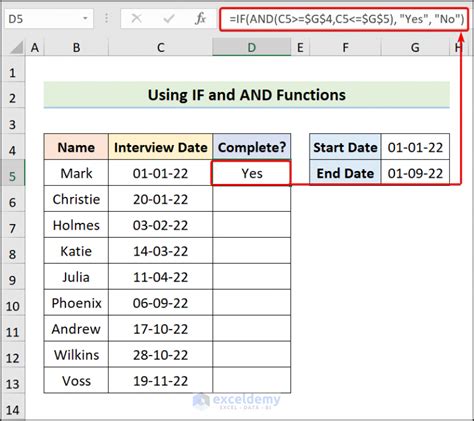
Excel is one of the most common tools used for data analysis. To check if a column contains a specific value, you can use the COUNTIF function or IF statements within formulas. For example, to count how many cells in column A contain the value “Apple”, you would use the formula =COUNTIF(A:A, "Apple"). If you want to check each cell individually and return a message, you could use an IF statement like =IF(A1="Apple", "Found", "Not Found").
Using Conditional Formatting
Beyond formulas, Excel also offers conditional formatting as a visual way to highlight cells that contain a specific value. You can access this feature by selecting the range of cells, going to the “Home” tab, clicking on “Conditional Formatting”, and then choosing “Highlight Cells Rules” > “Equal to…”. This method doesn’t return a value but is useful for quick visual inspections.
| Excel Function | Description |
|---|---|
| COUNTIF | Counts the number of cells within a range that meet the given criteria. |
| IF | Returns one value if the condition is true and another value if it's false. |
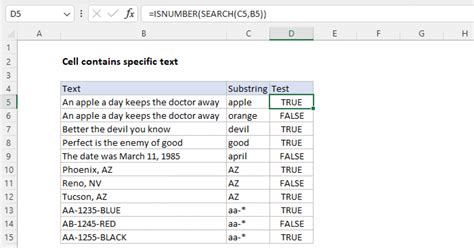
SQL for Database Queries
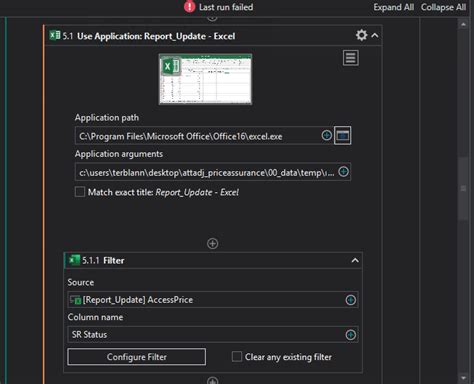
In the context of databases, SQL (Structured Query Language) is the standard for managing relational databases. To check if a column contains a specific value, you would typically use the WHERE clause in your SQL query. For example, to find all rows in a table named “Fruits” where the column “Name” contains the value “Apple”, your query would look like this: SELECT * FROM Fruits WHERE Name = 'Apple';.
Pattern Matching in SQL
SQL also supports pattern matching using the LIKE operator. This is useful if you’re looking for values that contain a certain string, not just exact matches. For instance, SELECT * FROM Fruits WHERE Name LIKE '%Apple%'; would return rows where “Apple” appears anywhere in the “Name” column.
Python with Pandas for Data Analysis
For data analysis and manipulation, Python’s pandas library is incredibly powerful. To check if a column contains a specific value, you can use the .isin() method or conditional statements. For example, if you have a DataFrame df and you want to find rows where the column “Fruit” contains the value “Apple”, you could use df[df['Fruit'] == 'Apple'].
Filtering Data with Pandas
Pandas also supports more complex filtering using conditional statements. You can combine conditions using logical operators like & (and), | (or), and ~ (not). For instance, df[(df['Fruit'] == 'Apple') & (df['Quantity'] > 5)] would return rows where the fruit is “Apple” and the quantity is more than 5.
| Pandas Method | Description |
|---|---|
| isin() | Returns a boolean Series or DataFrame showing True for the values in the passed iterable. |
| loc[] | Access a group of rows and columns by label(s) or a boolean array. |
JavaScript for Web and Server-Side Development
JavaScript, both in the browser and with Node.js, can be used to check if a column (or more accurately, an array of objects) contains a specific value. With jQuery, you might iterate through DOM elements to check their values. In a Node.js environment, you could work directly with arrays or objects. For example, to find objects in an array where a certain property matches a value, you might use the .filter() method: array.filter(item => item.property === 'value');.
Using Array Methods in JavaScript
JavaScript’s array methods like filter(), find(), and some() are very useful for checking values in arrays. The filter() method creates a new array with all elements that pass the test implemented by the provided function. The find() method returns the first element in the array that satisfies the provided testing function. The some() method tests whether at least one element in the array passes the test implemented by the provided function.
How do I check for a value in a column using Excel formulas?
+You can use the `COUNTIF` function to count how many cells contain a specific value, or `IF` statements to check each cell and return a message based on whether the value is found.
What SQL query can I use to find rows where a column contains a certain string?
+You can use the `LIKE` operator with wildcards (`%`) to find rows where a column contains a certain string. For example, `SELECT * FROM table WHERE column LIKE '%string%';`.
How do I filter a DataFrame in pandas to find rows where a column matches a specific value?
+You can use the `.isin()` method or conditional statements. For example, `df[df['column'] == 'value']` returns a new DataFrame with only the rows where 'column' equals 'value'.
In conclusion, checking if a column contains a specific value is a fundamental operation across various data analysis and programming contexts. Whether you’re working with Excel, SQL, Python’s pandas, or JavaScript, understanding the specific methods and tools available to you is key to efficient and effective data manipulation and analysis. By mastering these techniques, you can unlock deeper insights into your data and make more informed decisions.
